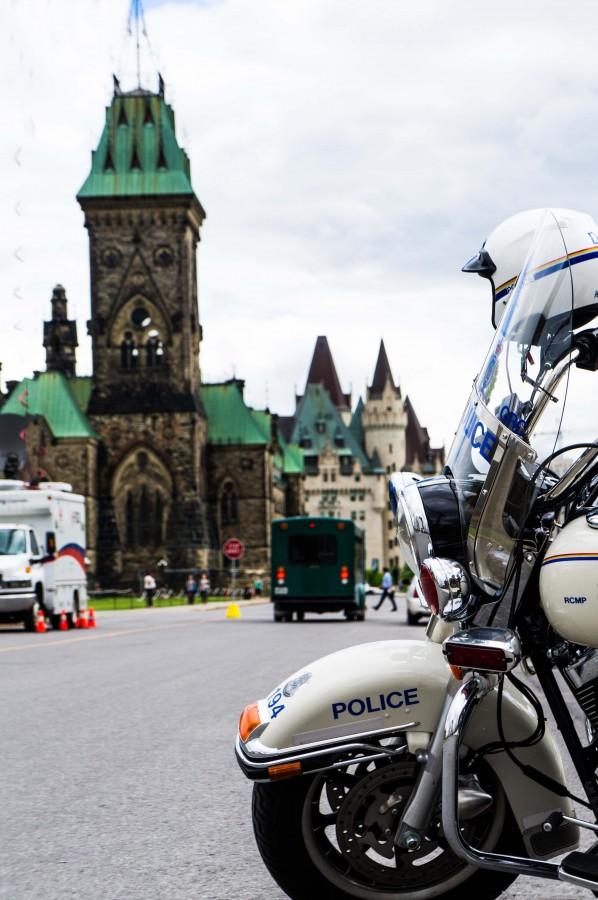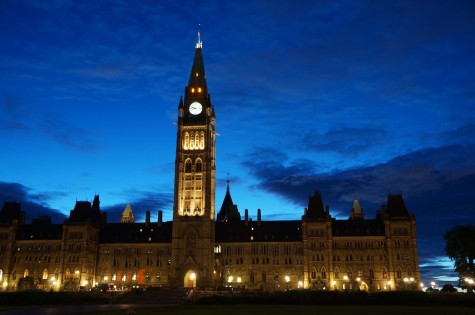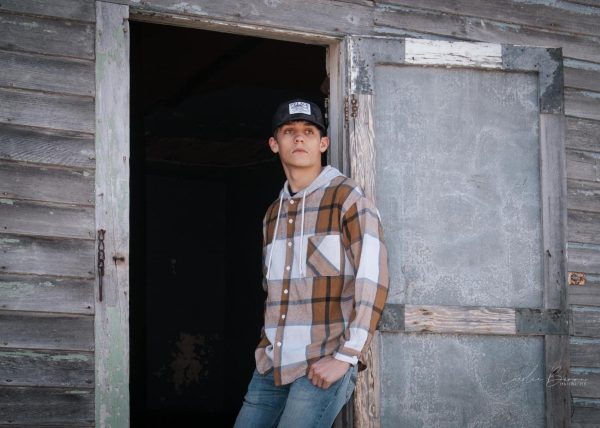Canada Rethinks Security Laws After Attacks
October 26, 2014
OTTAWA, Canada — As U.S. military forces have engaged in more than a decade of war across the Middle East, America has found an unwavering partner in Canada, a country with an otherwise peaceful image.
Now, after two deadly attacks launched against members of the Canadian armed forces in less than a week, fear has arisen here over whether the country’s participation in the war against Muslim extremists has finally come back to haunt it.
The Canadian government is scrutinizing its laws and policies to see whether they are strong enough to deal with national security threats after two of its citizens, who had been flagged by authorities as safety risks, were successful in carrying out high-profile attacks.
Speaking at the Parliament building just yards from where a gunman was shot dead the day before, Prime Minister Stephen Harper pledged Thursday to expedite a plan to give the country’s security forces greater powers in the areas of surveillance, detention and arrest.
“The objective of these attacks was to instill fear and panic in our country,” Harper said. “Canadians will not be intimidated. We will be vigilant, but we will not run scared. We will be prudent, but we will not panic.”
Michael Zehaf-Bibeau, the gunman who carried out attacks at Parliament and a nearby war memorial, had applied for a passport and wanted to go to Syria, security officials said. They said they were satisfied that he had acted alone and that there appeared to be no connection between Wednesday’s attacks and one that took place in Quebec on Monday, when a man described as a Muslim extremist ran over two soldiers with his car, killing one of them before being slain by police.
Bob Paulson, commissioner of the Royal Canadian Mounted Police, described Zehaf-Bibeau as a 32-year-old Canadian who may also have held Libyan citizenship.
He was born in Montreal, had lived in Calgary and Vancouver, and had been in Ottawa since at least Oct. 2 to deal with his passport application, Paulson said at a news conference.
The Royal Canadian Mounted Police had been contacted to conduct background checks on Zehaf-Bibeau, who had been staying in a homeless shelter and had a history of arrests for drugs, violence and other offenses.
Paulson said authorities had received reports that Zehaf-Bibeau held extremist beliefs. “This individual’s email was found in the hard drive of someone who we’ve charged with a terrorist-related offense,” he said. “But what does that mean? We need to understand what that means.”
Contrary to widespread reports Wednesday, Zehaf-Bibeau was not one of 93 “high-risk travelers” police are investigating.
After fatally shooting Cpl. Nathan Cirillo, who was standing guard at the war memorial in Ottawa shortly before 10 a.m., Zehaf-Bibeau got into a car he had purchased the previous day and drove the short distance to Parliament Hill, according to a timeline presented at the news conference. The legislative complex consists of several buildings, known as blocks.
Security camera video shows Zehaf-Bibeau parking his car in front of a building entrance and then running toward the East Block, where vehicles belonging to Parliament members were parked. He seized one of the vehicles, which he used to drive to Center Block, the main Parliament building, where lawmakers were holding caucus meetings.
Police gave chase by car and were seconds behind Zehaf-Bibeau when he ran through the main doors, Paulson said. Inside the building, there was an exchange of fire involving the suspect, House of Commons security and police. Zehaf-Bibeau was pronounced dead at the scene.
In a brief interview with The Associated Press, the suspect’s mother, Susan Bibeau, a Canadian immigration official, offered a tearful apology Thursday.
“Can you ever explain something like this?” she said. “We are sorry.
“If I’m crying, it’s for the people,” she told AP. “Not for my son.”
On the streets and in homes and coffee shops, Canadians discussed what the government would do in response to the attacks. Many are resigned to the fact that more restrictions on everyday life lie ahead.
In a telling symbol, barricades and yellow police tape encircled the House of Commons grounds, with officers carrying assault rifles on guard. The intense security marked a stark contrast at a site were residents normally gather freely to practice yoga, play ultimate Frisbee or celebrate national holidays.
Security has been heightened at military bases and government buildings throughout Canada. Soldiers in the Ottawa area were ordered not to wear their uniforms in public unless on duty.
Shawn Perry, a 41-year-old air traffic controller from Gander in the province of Newfoundland, said he was concerned about the effect the attacks might have on Canadians’ rights. Perry, on a visit to Ottawa, went to the war memorial to pay his respects to the soldier killed there.
“I know that there needs to be more done here to increase security,” he said. “The thing about Canada is we enjoy an awful lot of freedom. I just don’t want lawmakers to overreact and encroach on them.”
He pointed to the recent scandal in the U.S. surrounding the National Security Agency, the intelligence agency whose collection of millions of Americans’ phone and email data was revealed last year through documents leaked by Edward Snowden.
“Things in the U.S. have gone too far,” Perry said. “I don’t want that happening in Canada.”
On a chilly, overcast day, the war memorial was thronged with people who had brought flowers, notes or just their thoughts as the capital grappled with the apparent act of terrorism.
Sikander Hashmi, an imam with the Kanata Muslim Association, said he had brought a bouquet to express his “sadness and outrage.”
“This is my home country,” he said after placing the flowers at the site. “I don’t appreciate anyone trying to spread bloodshed, especially someone identifying themselves as a Muslim.”
Sen. Jim Munson of the Liberal Party, who represents Ontario, said Canada’s participation in the wars in Iraq and Afghanistan and its current effort against Islamic State militants has altered the way the world perceives the country.
“The Canadian flag was once a symbol of openness and peace,” he said in a telephone interview. “Now it is on our head as a target. It’s a new world we live in.”
Munson expects the Conservative Party-led government to pass legislation that will expand the intelligence-gathering abilities of agencies such as the Canadian Security Intelligence Service, the country’s equivalent of the CIA.
Already Minister of Public Safety Steven Blaney has pushed to modify the CSIS Act, which was created in 1984, to give agents more power to investigate national security threats.
He held a news conference last week outlining his proposed legislation, which would work in concert with Canada’s decision to join the U.S.-led effort against Islamic State.
“These tools will ultimately allow CSIS to conduct investigations into potential terrorists when they travel abroad, meaning that those potential terrorists will be tracked, investigated and ultimately prosecuted,” he said.
Ray Boisvert, a former assistant director of the CSIS, said the agency already had many information-gathering tools but needed to build on that.
“Canada has certainly lost a bit of its innocence,” he said. “We’ve had an open system that’s been of great value. But we need to get at the purveyors of hate, and we need the right tools to accomplish that.”
———
(Hennigan reported from Ottawa and Zavis from Los Angeles.)
———
©2014 Los Angeles Times
Visit the Los Angeles Times at www.latimes.com
Distributed by MCT Information Service









